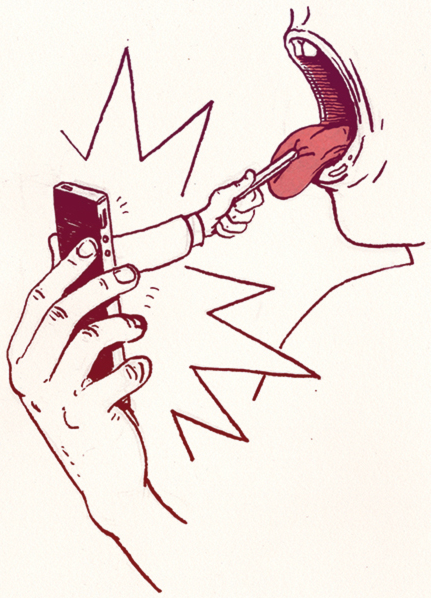ZEITGUIDE TO GOOD DEATH MOVEMENT

In 1963, writer and thinker Aldous Huxley was dying of cancer. To ease his last hours, he asked his wife to inject him with LSD. It was an idea he’d conceived a decade earlier in writing “Doors of Perception” about his experiences taking mescaline. Huxley’s idea was that giving psychedelic drugs to terminal cancer patients could make dying a “more spiritual, less strictly physiological process.”
Research into such therapeutic uses for psychedelic drugs showed promising results in Huxley’s day, but lost momentum after most were outlawed with the Controlled Substance Act of 1970. Fast-forward five decades and the idea is finding new life among university researchers.
According to Michael Pollan’s recent New Yorker article on the current research, the results have been just as promising, easing depression and anxiety of those facing death. One researcher was quoted saying that the administration of psilocybin (the active substance in magic mushrooms) had terminally ill cancer patients “return with a new perspective and profound acceptance” after their experience.
The research is part of a larger quest to improve end-of-life care. But first, according to Dr. Atul Gawande, people need to be willing to think and talk about their own death. “Just having these conversations can lead to a better death,” wrote Gawande in his book “Being Mortal.” His research found that patients who had end-of-life conversations with palliative care specialists actually lived longer, spent less time in the hospital, and suffered less.
At the encouragement of doctors, insurers already have taken steps to cover such end-of-life consultation services. The debate now lies in how exactly to manage those services, including better documentation of people’s end-stage wishes for health care providers. As Gawande told “Democracy Now!” last October: “Our reluctance to honestly examine the experience of aging and dying has increased the harm we inflict on people and denied them the basic comforts they most need.”
This “good death movement,” as ZEITGUIDE friend Michael Hebb calls it, has also sparked some novel social projects to prompt people to face their mortality. Organizations like Get Your Shit Together offer free checklists of important documents from wills to life insurance that everyone should have organized to prepare for the unexpected. Death Over Dinner has an interactive website with questions, readings and more designed to spur thoughtful and constructive discussions. The group Death Salon has regular meetings to discuss mortality in knowledgeable and creative ways.
Marshall Votta, ZEITGUIDE friend and SVP of Leverage Health Solutions, notes that these conversations can lead to a better life as well.
“One of the most important things that often happens when people start thinking about what happens when they die,” he said, “is that they start thinking more clearly about what it means to be alive and what they want to accomplish or experience before they pass.”
Keep learning,
Brad Grossman and Team ZEITGUIDE
